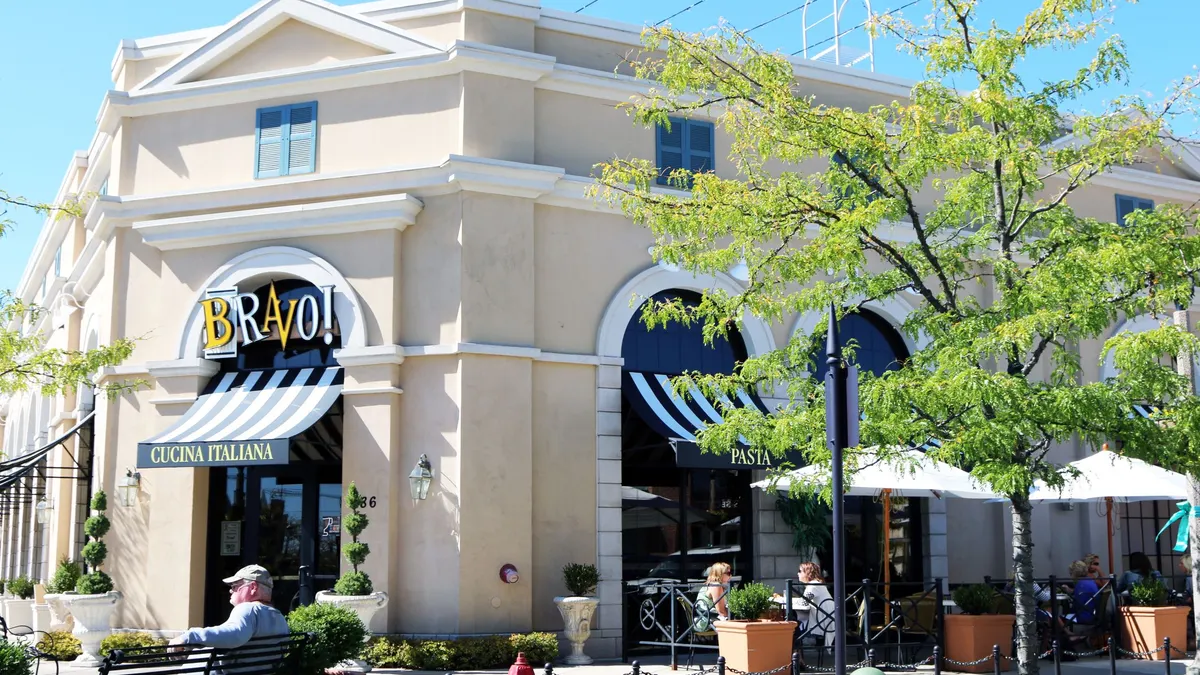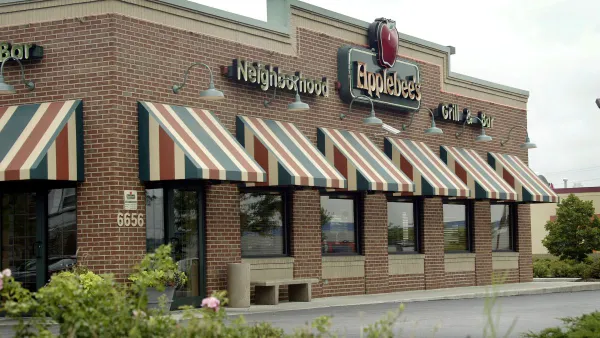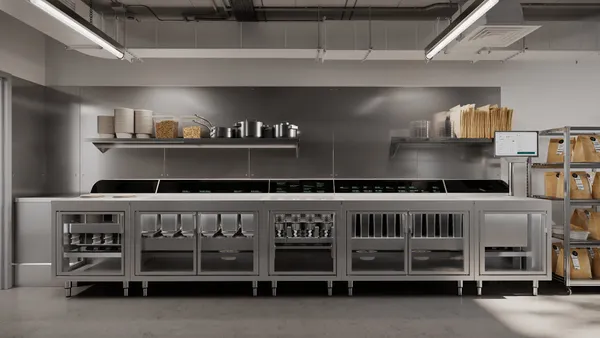Dive Brief:
- Bravo Brio Restaurants, which owns the Bravo Italian Kitchen and Brio Italian Grille brands, filed for Chapter 11 bankruptcy protections on Monday, according to a press release emailed to Restaurant Dive.
- The company previously filed for Chapter 11 in 2020, a process that ended with Earl Enterprises buying the Italian restaurants out of bankruptcy.
- The company said macroeconomic factors, such as declining consumer demand and increased competition from fast casual restaurants, played a part in the chain’s decision to declare bankruptcy again.
Dive Insight:
Bravo Brio, which has roughly 50 units across both brands, said it is working to attract interest from new investors and that the bankruptcy process will help improve its financial position. The bankruptcy process will allow the chains to close underperforming locations, restructure debt and reduce operational expenses, according to the press release. The company has already closed a handful of locations this year, including locations in Virginia, Ohio and Missouri, according to local news reports.
The chains have had difficulty with restaurants located in shopping centers that have high vacancies and low foot traffic, problems which have only worsened with discretionary consumer spending softening. The press release also cited ongoing inflationary pressures and increased food and labor costs as contributing to its deteriorating financial condition.
“These pressures have proved insurmountable to numerous other legacy, casual dining restaurant brands, many of whom have also turned to bankruptcy as a tool for restructuring,” the company said.
Bravo Brio has between 200 and 999 creditors and estimated assets and liabilities each between $50 million and $100 million, according to a court filing. Its largest unsecured creditor is Sysco, which holds a claim of over $1.9 million
Bravo Brio isn’t the only repeat bankruptcy filer among casual chains. Bertucci’s filed for bankruptcy earlier this year, its third time since 2018. The chain blamed t rising input costs, declines in consumer confidence and worsening economic conditions for its bankruptcy. Bar Louie filed its second bankruptcy in March, pointing to challenged sales following the COVID-19 pandemic, along with other macroeconomic conditions.















